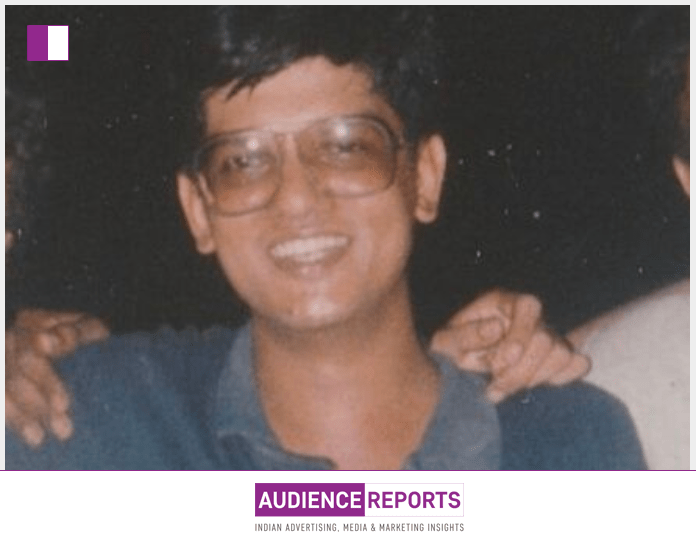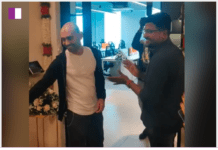RamG Vallath, a renowned TEDx and keynote speaker, recently shared an insightful perspective on LinkedIn that challenges the common assumptions we often make about individuals based on their achievements in one specific area.
RamG Vallath begins his post by sharing his own academic success—achieving an All-India Rank (AIR) of 129 in the IIT JEE, one of the toughest exams in the world. This accomplishment, he notes, demonstrates his quantitative skills and self-discipline during high school. However, RamG Vallath quickly moves beyond this personal anecdote to address a broader societal issue: the ‘Halo Effect.’
RamG Vallath explains the ‘Halo Effect’ as the tendency to assume that because someone has excelled in one field, they must be proficient in other, unrelated areas. This cognitive bias leads us to listen to movie stars giving advice on parenting, cricketers discussing education, and political leaders pontificating on integrity. As an IITian, RamG Vallath acknowledges the perception that cracking the IIT JEE implies greatness in all aspects of life. Yet, he argues that this is a misconception.
According to RamG Vallath, excelling in an exam like the IIT JEE means one is good at high school level physics, maths, and chemistry, and has strong quantitative skills. However, these attributes do not necessarily translate to being a great leader, manager, colleague, teacher, communicator, spouse, or even a great human being. RamG Vallath underscores that possessing academic prowess does not automatically endow someone with interpersonal skills or empathy—qualities essential for success in both professional and personal life. He notes that IITians, like graduates from any other institution, display a normal distribution in these qualities, ranging from very poor to very good.
RamG Vallath is particularly critical of how society has created a class system based on education, with those from premier institutions being considered superior in every way to those from other colleges. This class discrimination, he observes, persists for a lifetime. RamG points out that many hiring managers suffer from the halo effect, leading to spectacular hiring mistakes. They often hire individuals based on proven strengths in certain areas, automatically assuming that these individuals are great in all other dimensions. This bias can be especially problematic when it comes to promotions, where past performance often overshadows the specific competencies required for the next role.
RamG Vallath’s insights urge us to reevaluate our admiration for individuals based on a single aspect of their achievements. He challenges us to identify the particular strengths we admire in a person and to ensure we do not automatically credit them for qualities they have not demonstrated. RamG Vallath’s message is clear: we must be discerning in our judgments and avoid the pitfalls of the halo effect.
Through his thought-provoking post, RamG Vallath sheds light on the importance of recognizing and mitigating the halo effect in our personal and professional lives. His reflections encourage a more nuanced understanding of individual strengths and a greater appreciation for the diverse qualities that contribute to success. By challenging societal norms and biases, RamG Vallath advocates for a more equitable and just evaluation of people’s abilities.
RamG Vallath’s perspective is particularly relevant in today’s fast-paced, highly competitive world, where credentials from elite institutions are often viewed as the ultimate markers of success. His insights remind us that true competence and excellence extend beyond academic achievements and are reflected in a broader range of skills and attributes. RamG Vallath’s call to action is to look beyond the surface and recognize the multifaceted nature of human potential.
RamG Vallath’s reflections on the halo effect provide a valuable lesson for all of us. By questioning our assumptions and biases, we can foster a more inclusive and accurate assessment of individual capabilities. RamG Vallath’s message is not only a critique of societal tendencies but also a call to action for individuals and organizations to adopt a more holistic approach in evaluating talent. His wisdom underscores the importance of appreciating the diverse strengths that each person brings to the table and encourages us to move beyond superficial judgments. As we navigate our personal and professional journeys, RamG Vallath’s insights serve as a guiding light, reminding us to seek and recognize true excellence in all its forms.




































